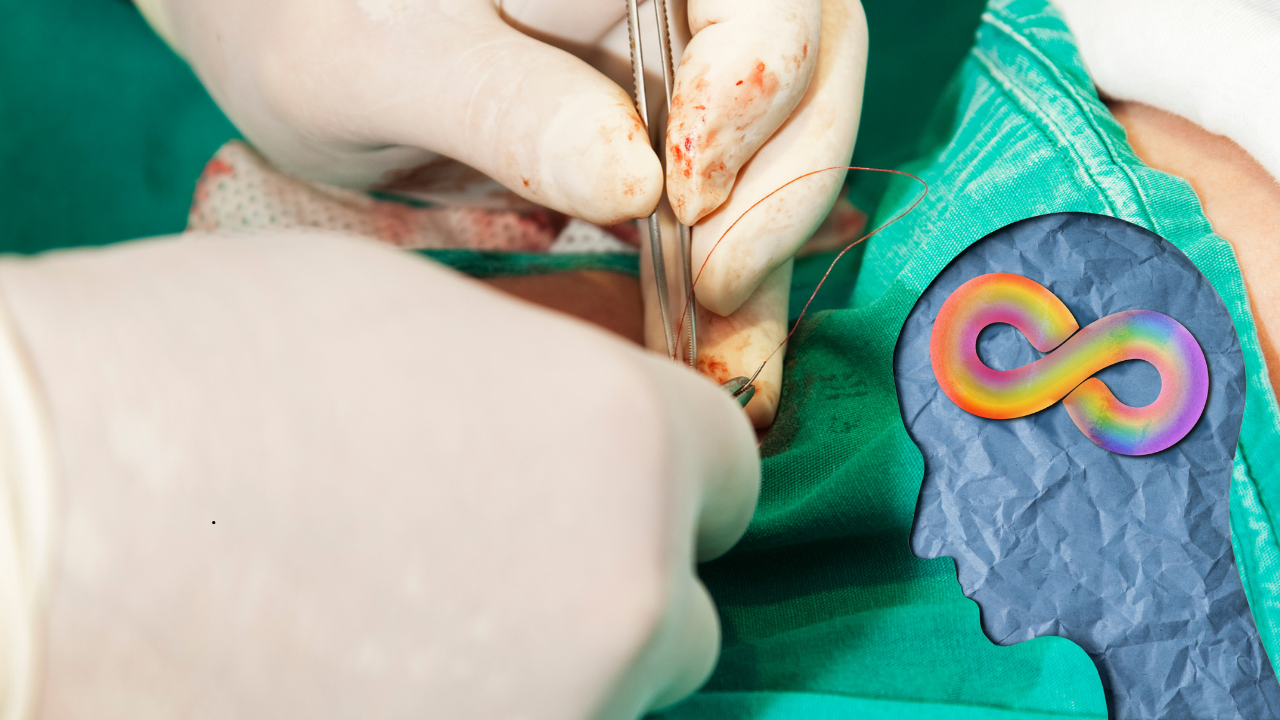Fact Check: Does Circumcision Really Cause Autism As Claimed By RFK Jr.?

Credits: Canva
SummaryUS Health Secretary Robert F. Kennedy Jr. claimed a link between autism, early circumcision, and Tylenol use, citing two studies. Experts say these studies are flawed, contradictory, or inconclusive. Scientific consensus finds no causal connection between circumcision, acetaminophen, or autism, and most newborn circumcisions occur safely with local anesthesia.
End of Article
